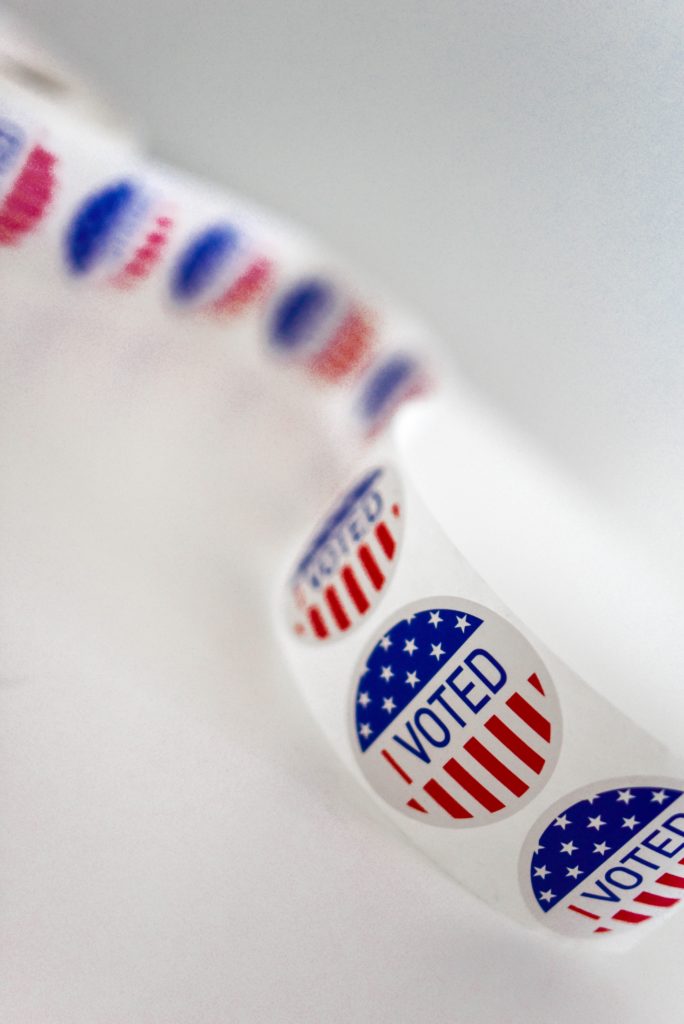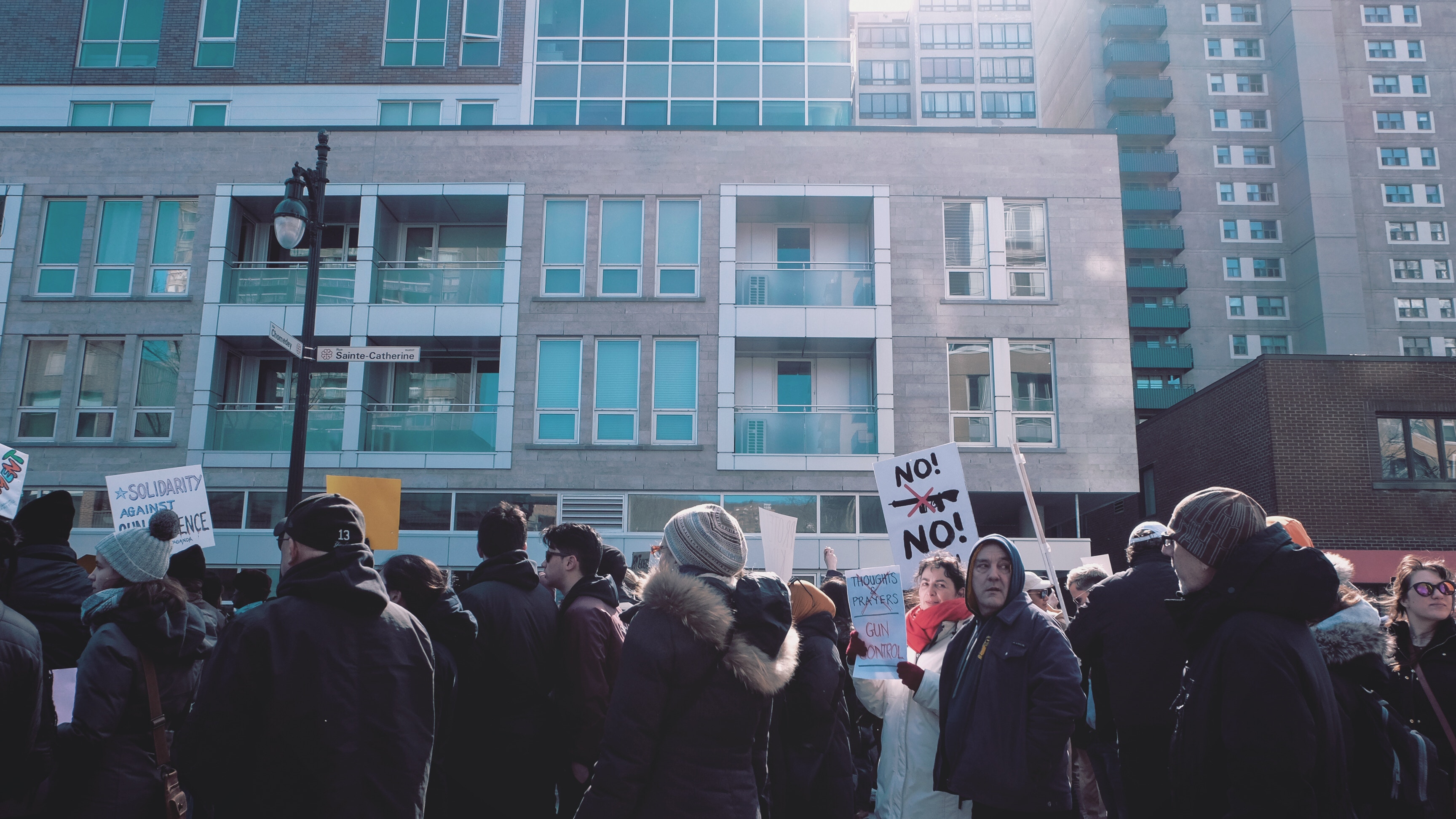
Photo by Agence Olloweb on Unsplash
This third entry into the Identity in America series explores voices surrounding LGBT identity politics and the community. We will again begin in the 1970’s and move through to today’s current situation, highlighting the most prominent voices around the politics of this community.
The gay movement was greatly influenced by the civil rights and feminist movements which preceded it. Similar to “identity politics,” terms like “gay identity” or “homosexual identity” weren’t used before the 1970’s. A 2017 Gallup poll estimates the LGBT community comprises 4.5% of the US population.
This essay touches on key political, cultural, and psychological moments in LGBT history. The goal is to show an outline of what happened when, and who are the voices in the conversation. Each moment contains links for further reading should you be so inclined.
Political Events

Photo by Element5 Digital on Unsplash
Harvey Milk’s short time in office in San Francisco inspired many gay politicians and activists in the fight for gay rights. His November 1978 murder sparked riots and became a key moment in LGBT history.
The Stonewall Riots in 1969 was a series of violent protests against the police in Greenwich Village who had routinely raided the Stonewall Inn, a gay bar. The violence increased over the course of five days, sparking the beginning of the gay pride movement.
The AIDS epidemic swept across the nation during the 1980’s. The mysterious disease was first studied in 1981, with the CDC noting that the occurrence of the disease suggested an association between the disease and homosexuality. Because the disease was found disproportionately among gay men, a strong stigma developed nationwide. President Reagan’s press secretary famously refused to even mention it by name until 1985. It wasn’t until 1997 that the US reported the first significant decrease (47%) in AIDS-related deaths compared to the previous year. AIDS awareness and research is an on-going global effort, as over 6 million people have died worldwide since the 1980’s.
Bill Clinton, in 1992, become the first presidential candidate to seek endorsement from the gay community, thereby bringing gay rights to the national conversation. Later in 1996, President Clinton signed the Defense of Marriage Act, which absolved states from recognizing same-sex unions and ensured the federal government would not recognize such unions as legal marriages. . Of course, both Clintons have encountered opposition to the bill, at the time and continuing through Hillary’s 2016 presidential bid.
In June 2015, the Supreme Court decided a landmark ruling that the right to marry is a fundamental human right guaranteed by the US Constitution to all couples. The Obergefell v Hodges decision required all states to perform and recognize same-sex marriages and granted the same rights and privileges as opposite-sex marriages.
Notable pop-culture moments

Photo by Fancycrave on Unsplash
David Bowie famously outed himself in 1972, though he later in 1983 moved away from the comments by claiming the interview was the biggest mistake he’d ever made. Bowie’s interview is frequently cited as a milestone in LGBT history.
Elton John first identified as bisexual in 1976, and openly gay since 1988. He has been a huge advocate for AIDS research, creating his namesake research foundation in 1992. He has also been critical of anti-LGBT legislation around the world and works to reduce stigma around the AIDS epidemic.
The Washington Blade newspaper started in 1969 as a community pamphlet reporting on gay news and issues. The paper was the first LGBT publication to be admitted to the White House Press Corps in 2013.
Ellen Degeneres made pop culture history in April 1997 by coming out both personally in Time, and as her namesake character on her prime-time television show. Variety conducted a poll in 2015 which revealed that Ellen was considered the single most influential celebrity on gay rights. The History Channel’s post on the impact of the tv episode outlines the social environment and influence Ellen has had over the past 20-plus years.
Craig Rimmerman is an expert on LGBT issues and politics frequently cited in national media outlets. He has written several books on gay politics and teaches LGBT studies courses at Hobart and William Smith Colleges. He is one of the most visible academics campaigning for LGBT rights.
LGBT History in Psychology

Photo by Lauren Sauder on Unsplash
Alfred Kinsey was the first person to study human sexuality from a scientific perspective, and is often credited with starting the sexual revolution. His work is also controversial because his populations were not random or representative. His 1947 findings showed that homosexuality was much more widespread than previously thought. This helped to establish the narrative that homosexuality was a normal human expression. He also published the Kinsey Scale which plotted human sexuality on a sliding scale, from 0 to 6, with heterosexuality being a 0 and homosexuality a 6.
Evelyn Hooker’s work showed that there was no correlation between homosexuality and mental illness as their was no psychological difference between hetero and homosexual males. Her findings were instrumental in the removal of homosexuality from the DSM.
The American Psychological Association removed homosexuality as a mental illness from the DSM in 1973. This was preceded by protests in San Francisco against psychiatry as inhumane and the classification of homosexuality characterized in the DSM as “paraphilia,” a euphemism for sexual fetish or atypical behavior. This protest was also part of the larger movement that gained momentum in the 1960’s questioning the effectiveness of the practice and quality of life of psychiatry patients.
Prominent LGBT Theorists
Philosopher Michel Foucault continues to be revered by many LGBT activists as the ground-breaker in sexual theory. Opining in the 1976 book, The History of Sexuality that gender is a social construct, his philosophy has been indispensable to queer theory. Interestingly, however, Foucault was a staunch opponent of identity politics, which sets him at odds with many advocates of his gender theories. It has been said that Foucault’s views have ushered in a new age in the study of sexuality.
Judith Butler was among the first to propose that gender is a performance and therefore a social construct, in her 1988 essay “Performative Acts and Gender Constitution.” She builds off of Foucault’s foundation, further developing her philosophy in the 1990 book Gender Trouble, which refuted biological differences between the sexes.
Eve Kosofsky Sedgwick was best known for pioneering Queer Theory in the 1970’s. Her 1990 The Epistemology of the Closet provided the foundation for Western culture’s exploration of sexual identities and theory.
Jeffrey Weeks is a British sociologist who studies sexuality and the ways in which philosophy, politics and sexuality interact and impact society. He has been publishing since the 1970’s and is a prominent gay activist.
Wayne Koestenbaum is a social critic, who writes about gay subculture and the arts. In examining the prominence of an affinity for opera amongst gay men, his book has become a cultural classic.
Currently, the 21st century is seeing a focus on transgender rights and the continuation of questioning binary gender definitions. There are conversations around a more all-encompassing name or acronym for the community. Similarly to feminism, the objectives are becoming increasingly specific, leading to some splintering around the notion of identity politics. The next ten years will be interesting, so far as what comes about in terms of transgender rights, scientific research, and intersectional activism.
Next week, we will look at Voices around Disabled Rights.




